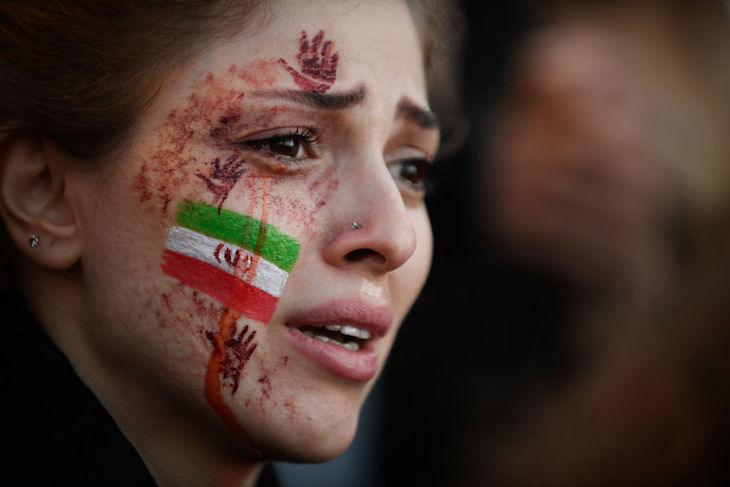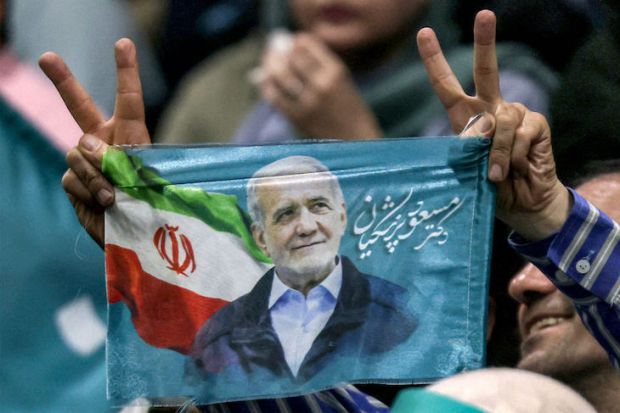The record low turnout for parliamentary elections in Iran, which took place on Friday, is another blow to the regime’s attempts to pretend that all is well in the country. Early reports suggest a turnout of just under 41 per cent nationwide. Iranians in their millions have rejected the regime by choosing to stay at home rather than vote.
Already a subscriber? Log in
Subscribe for just $2 a week
Try a month of The Spectator Australia absolutely free and without commitment. Not only that but – if you choose to continue – you’ll pay just $2 a week for your first year.
- Unlimited access to spectator.com.au and app
- The weekly edition on the Spectator Australia app
- Spectator podcasts and newsletters
- Full access to spectator.co.uk
Or




















Comments
Don't miss out
Join the conversation with other Spectator Australia readers. Subscribe to leave a comment.
SUBSCRIBEAlready a subscriber? Log in